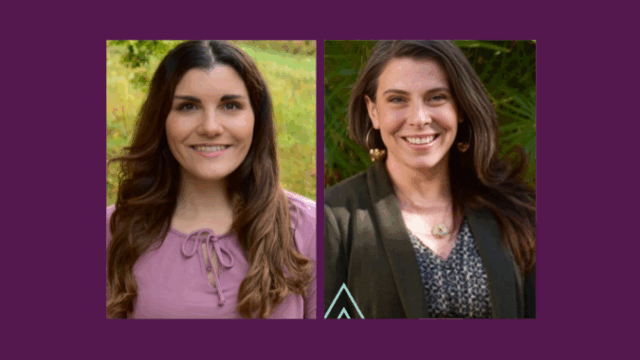Engaging Caregivers in the Community
January 21, 2026

There is the age-old myth in working with kinship families: “Our organization has services in place, but I can’t get caregivers to show up. They must not need or want them.”
This myth is not only inaccurate, but harmful in our approach to serving families. Drs. Caliendo and Tobin break this myth and provide intentional and practical strategies for engaging kinship families.
It is well documented in research that kinship families want and need support and effectively engaging them is key. This begins with trust and mutual respect, which does not fit in transactional checkboxes, but with a relational approach. By centering lived experience, creating welcoming environments, and listening to what caregivers say they need, we build authentic relationships that connect families to both formal systems and community-based support. This is the space where genuine engagement, change, and positive outcomes happen.
Learn about some of these key elements of building trust for lasting partnerships with kin, including:
- Building trust through lived experience, empathy, listening, and holding space for personal stories.
- Ensuring caregiver representation as key stakeholders in all aspects of the organization.
- Designing safe and welcoming physical and virtual spaces that reflect caregiver needs.
- Considerations for accessibility (e.g., transportation, child care, internet/device access, flexible times).
- Matching service options to caregivers’ individual strengths and needs
- Emphasizing hospitality and customer service.
- Using a bottom-up approach to programming that responds to what caregivers ask for.
- Practicing trauma-informed outreach to reduce barriers and foster connection, even when doing research and in formal systems.
- Serving as a bridge to both formal services and informal community supports once trust is built.
Presenters:
Dr. Ali Caliendo, Executive Director, Foster Kinship, Nevada
Dr. Angela Tobin, Owner, Founder, & Director, Kinship Caregivers Connect